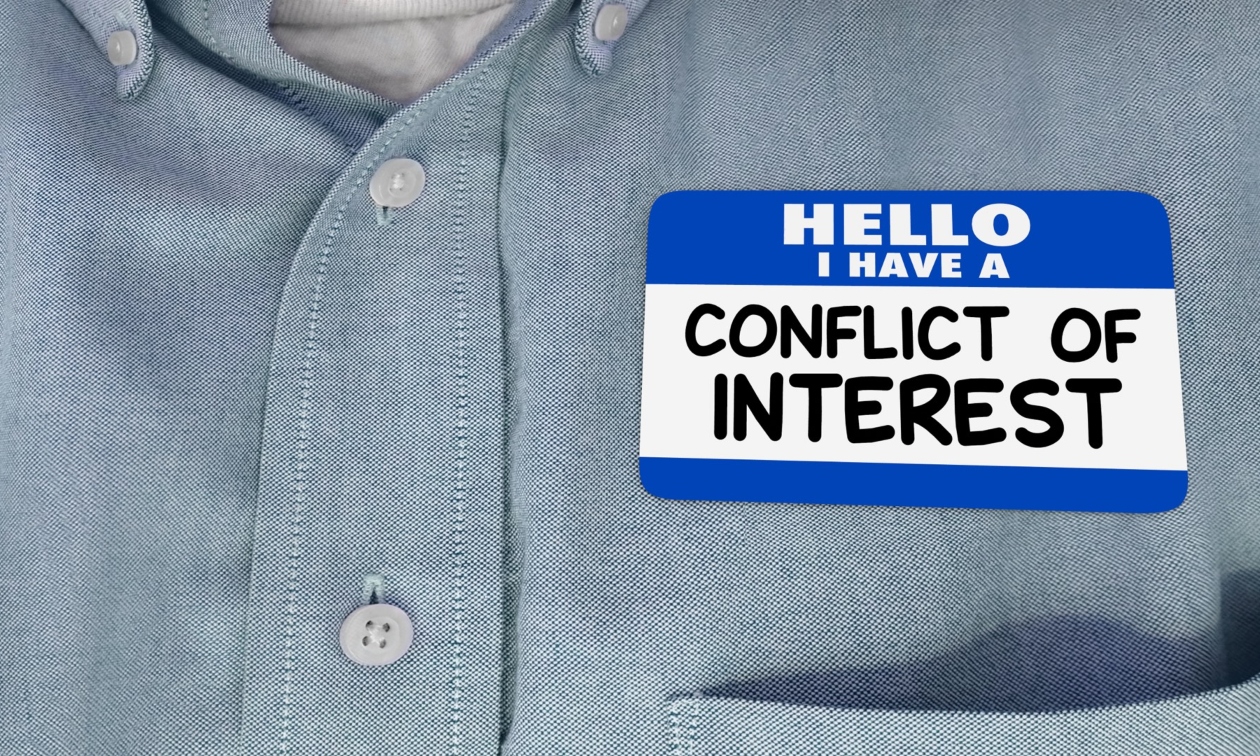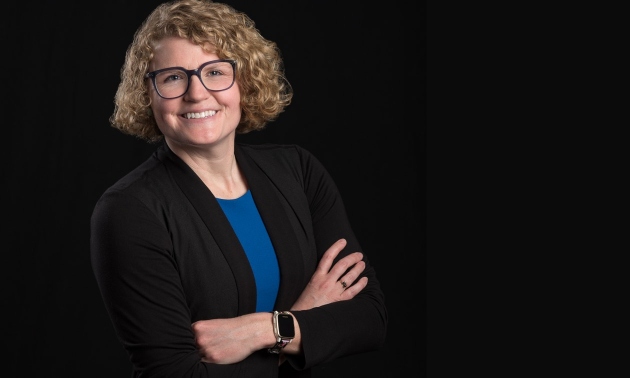The Hidden Cost of ‘Free’ Financial Advice

How Verecan Capital Management champions transparency and trust
Everyone loves a deal. Especially when it comes with words like “free.” Free banking, free rewards, free advice. But here’s the truth that most people don’t want to hear: in finance, like most industries, nothing is ever really free. When someone says they’ll manage your money, design your plan, or give you advice “at no cost,” there’s always a catch. They’re getting paid somehow - you just might not be the one choosing how.
Most of the time, those payments come through commissions, sales targets, or product incentives that reward the advisor for steering clients toward certain investments. It doesn’t make them bad people. It just means their paycheque depends on selling something. And that’s where the conflict begins.
Think about it this way: if you walk into a shoe store and ask what kind of shoes you need, the clerk is never going to say “None! You’re good.” Their job is to sell you shoes. In finance, the same dynamic often exists, just with more paperwork and smaller print.
The real problem isn’t that conflicts of interest exist. They’re everywhere! The problem is that most of us don’t know where they are or how much they affect the advice we’re getting. The person across the table might sincerely believe they’re helping, but if they or their firm gets paid more for selling Fund A over Fund B, that bias seeps in. It’s human nature. And this is only scratching the surface of the many conflicts that exist.
True independence in financial advice is rare, partly because it doesn’t scale as easily. It requires firms to give up the product sales model entirely and charge directly for their service. That’s less glamorous than offering “free” advice, but it’s also more honest. You know what you’re paying for, and you know whose side your advisor is on.
At Verecan, we’ve seen how powerful that clarity can be. Clients relax. They stop second-guessing whether recommendations are really in their best interest. Conversations shift from “What should I do?” to “What are we building?” That’s the kind of alignment the industry should be aiming for, but it means letting go of a lot of old habits. I feel fortunate to be part of a firm leading that change.
The financial industry doesn’t change quickly, though. The current system benefits too many players for that. But as more people ask better questions: “Who pays you? How are you compensated? What do you earn if I say no?” The cracks in the old model widen.
If you take one thing away, let it be this: don’t feel awkward asking how your advisor gets paid. You’re not being rude. You’re being responsible. If the answer makes you uncomfortable or takes ten minutes to explain, or if they aren’t quite sure themselves, that’s your signal.
Conflict-free advice isn’t a luxury product for the wealthy. It’s just advice that’s worth trusting.
Verecan Capital Management Inc. is a Registered Portfolio Manager. See website for details.

About Ainsley Mackie
Ainsley Mackie, Portfolio Manager, is part of the team at Verecan, where she helps cut through financial jargon with a clear and candid voice. Her thoughts have been featured in national outlets including the Financial Post, The Globe and Mail, and the Toronto Star. In 2020, she received Wealth Professional Magazine’s Award for Excellence in Philanthropy and Community Service, recognizing her ongoing contributions to community and charitable initiatives. Ainsley brings the same approachable style to her work that she does to life in the Kootenays, keeping money matters grounded, human, and practical.
